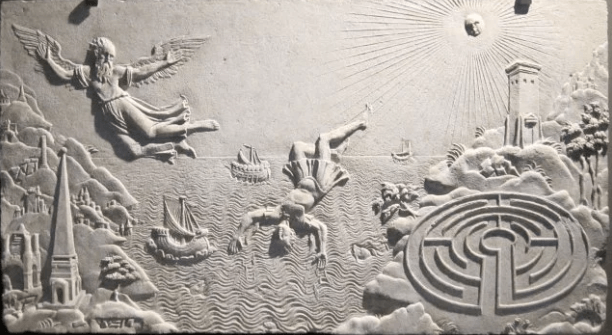The Our Mythical Childhood project, funded internationally by the European Research Council, turned two on 1 October.
The project explores how ancient meets modern in the crucial stages of childhood. Children’s texts are often the first place we encounter information about classical antiquity, and to date have been neglected as a subject of study by those of us interested in the grand traditions of classical learning and storytelling.
Since October 2016, an international team, from 5 countries (Australia, Poland, Israel, Cameroon and the UK) has been collaborating to uncover the wealth of children’s literature and culture inspired by classical antiquity.
Between us we are finding, reporting, and analysing the children’s material that does the important work of transmitting this foundational material, and revealing the reach of classical culture (myth, history, thought) around the world.
Each team oversees its own set of projects, including books, conferences, workshops, animations, and educational surveys. Scholars in the program include animators, literature scholars, historians, classicists, linguists and more. The scope and diversity of participants and approaches, reflects the scope of the classics, and the scope of children’s culture, embracing education, psychology, literature and film. Dr Liz Hale and her collaborator, Miriam Riverlea (whose PhD at Monash, was one of the first full-scale investigations of the reception of classical myth in children’s literature) are co-writing a guide to the reception of classical antiquity in children’s literature..
You can read more about the Our Mythical childhood findings here, on Liz’s blog, Antipodean Odyssey: Explorations in Children’s Literature and Classical Antiquity
https://antipodeanodyssey.wordpress.com/2018/10/07/finding-icarus-our-mythical-childhood-turns-two/

